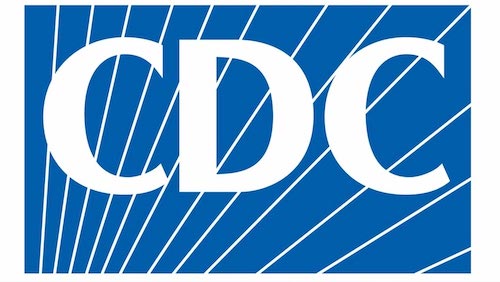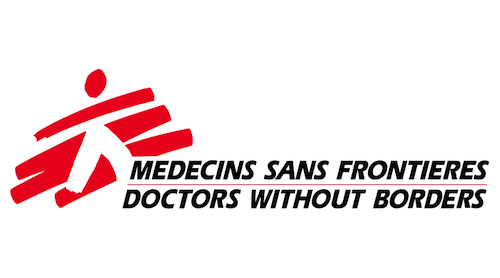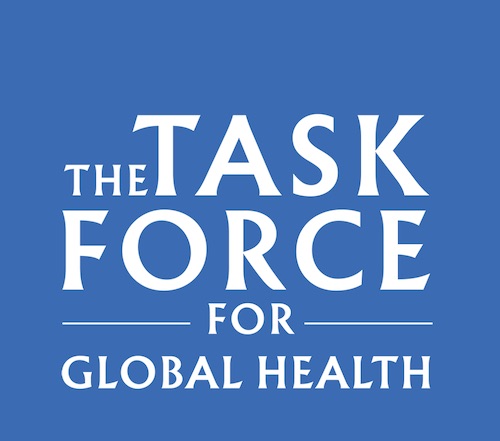Epidemiology & Vaccine Hesitancy
Category : PROspective
The Importance of Epidemiology (and Epidemiologists) in Addressing Vaccine Confidence
By Robert Bednarcyzk, PhD
In 1997, when I graduated with a BS in Biochemistry and headed into the lab for the next seven years, I hadn’t thought much about vaccine hesitance. At that time, vaccines were just something I assumed everyone got, just like I had. Leaving the lab, I started my graduate training in 2004, with a goal of doing epidemiologic surveillance using my laboratory background. However, the more I learned about vaccines and infectious diseases, I moved more and more into the study of vaccine hesitance. It was at that time that my mentor told me one of the few pieces of advice I didn’t take at the time – “You should take some behavioral science classes. All infectious disease is behavior.” At the time, I felt like there was no problem that couldn’t be figured out with a binary outcome regression analysis. After finishing my PhD in epidemiology and coming to Emory in 2011, I took a deep dive into the world of vaccine hesitance, including getting an NIH Career Development Award which included training in behavioral epidemiology and behavioral science and health education.
Why do I bring all of this up? COVID-19 has shown just how much the behavioral aspects of infectious disease control and vaccination need to not just be identified, but fully developed to control both this pandemic and other “everyday” vaccine-preventable diseases.
Through the Lens of COVID-19
The behaviors we are evaluating through our COVID-19 research projects go beyond intention to receive a COVID-19 vaccine. We are looking at mask wearing, hand hygiene, and physical distancing as well. While each of these are very different behaviors, adherence to them is rooted in the same behavioral constructs – protection of self, protection of others, and perception of personal liberties. Infectious disease epidemiologists need to consider these issues concomitant with measuring geographic spread of the virus, calculating R0 values, and assessing risk factors for severe disease and mortality.
When we consider vaccine hesitance, we need to hold many concepts in our mind at the same time. Dr. Cornelia Betsch has identified five constructs that explain vaccination behaviors and hesitance – complacency, constraints, calculation, collective responsibility, and confidence. Too often, we consider vaccine hesitance and vaccine confidence to be complements of one another. But, confidence is just one piece of this puzzle. If people have evaluated the issues around vaccination (calculation) that has led them to believe they are at risk of disease (i.e. no complacency), believe that vaccination is a benefit to their community (i.e. sense of collective responsibility), and believe that vaccines and the systems that produce and monitor them are appropriate (i.e. have confidence in vaccines and the vaccination system), the probability they will get vaccinated is likely high. However, external constraints (e.g. vaccine availability, limited access to clinics, geographical difficulties in accessing vaccines) can overcome all of these positive factors. We are currently seeing that with COVID-19 vaccinations – appointments are scarce and vaccines are not always readily available. To ignore these structural issues that impact vaccine hesitance is to miss potential opportunities for intervention and improvement.
What Can Be Done?
So, what does this mean for infectious disease epidemiologists who are working to improve uptake of not just COVID-19 vaccines but all routinely recommended vaccines? Epidemiologists cannot remain siloed – interprofessional collaboration is necessary to overcome vaccine hesitance. When looking at Dr. Betsch’s 5C model, it is clear that this work needs to encompass all aspects of public health – behavioral science, health education, health policy, health systems management are all critical in understanding and addressing vaccine hesitance. These types of collaborations are not just lip service, and are more than just an afternoon training on interprofessional teams. Epidemiologists do not have to be experts in all of these areas, but do need to know who to engage to ensure the most well-rounded approach to study vaccine hesitance.
The COVID-19 pandemic has shown us an acute rendering of all of these issues, in an emergency setting. But all of the issues coming up with regard to COVID-19 and COVID-19 vaccines are just more focused manifestations of these issues across vaccines and prevention. All we are learning through this pandemic and COVID-19 vaccination programs cannot just simply be filed away once we move into a post-pandemic (or, potentially more accurately, inter-pandemic) state. We need to continue learning and building our skills to ensure that children, adolescents, and adults are as well-protected from vaccine-preventable disease as possible. And the best way to tackle this complex issue is through open collaboration across disciplines.

Dr. Robert Bednarcyzk, PhD, is an Assistant Professor at the Rollins School of Public Health. His primary appointment is in the Hubert Department of Global Health, with a joint appointment in the Department of Epidemiology.
Join the Conversation
Are you an alumni or current student in the Department of Epidemiology? Do you want to share your professional advice and experiences with a large audience of your peers? We want to hear from YOU! Consider becoming a contributing author for PROspective!
To inquire, email your article idea directly to the editors at Confounder [at] emory [dot] edu!









Recent Comments